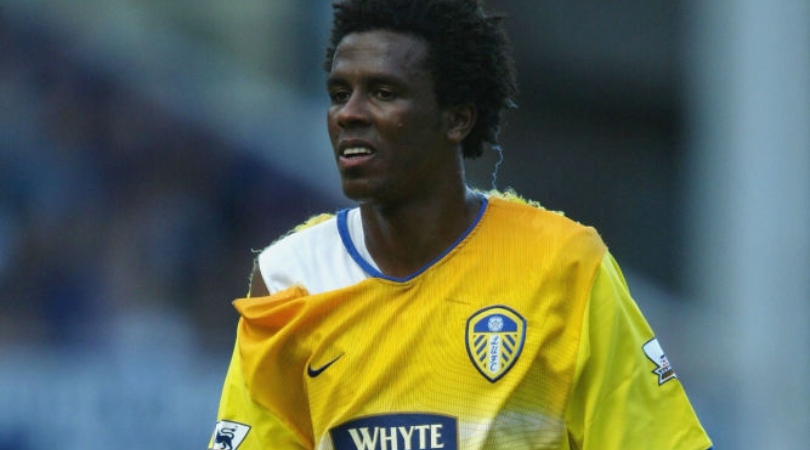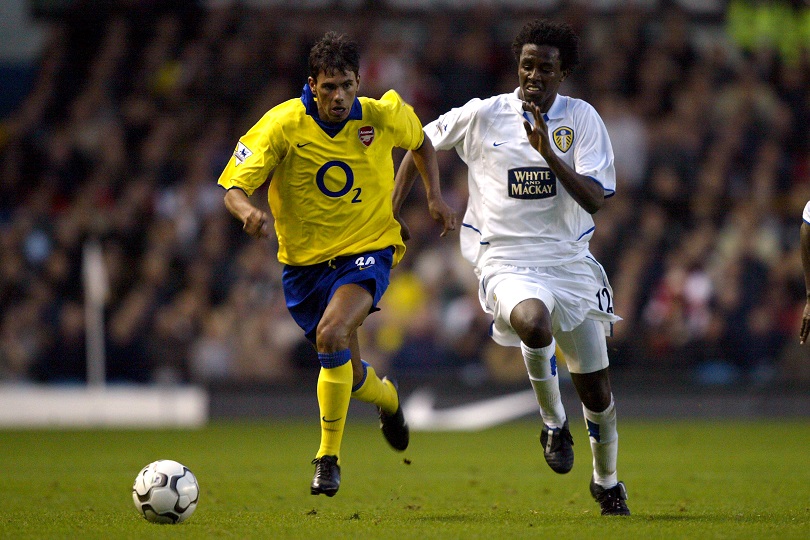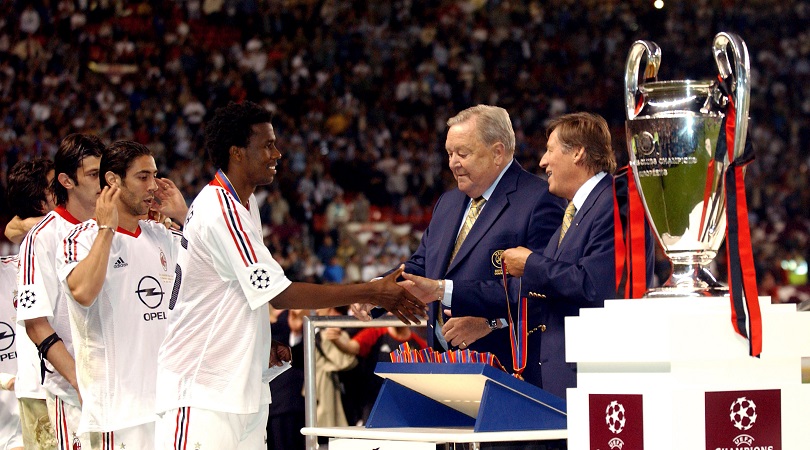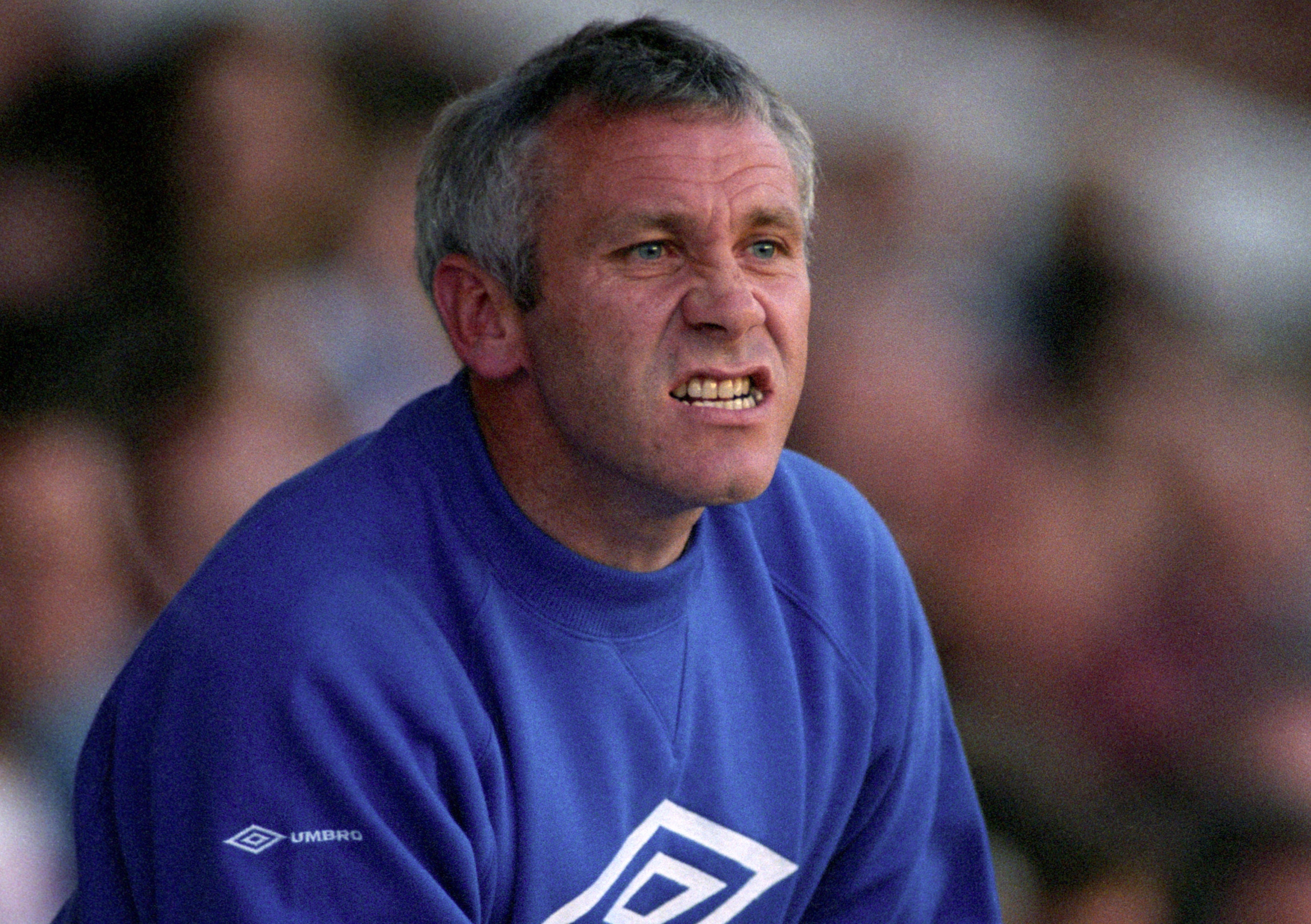‘I received offers from Bolton and Newcastle, but they didn’t progress far. Then Leeds came in – I saw it as a chance to experience a new league and country’: How World Cup winner Roque Junior ended up at Leeds United
Leeds United thought they had pulled off a transfer coup when they landed World Cup winner Roque Junior in 2003

In 2003, Leeds United were at the start of a crisis that would take them the best part of two decades to recover from.
Under free-spending chairman Peter Ridsdale the club reached the semi-finals of the Champions League in 2001, but their subsequent failure to qualify for Europe’s top tournament meant the club were quickly up against it financially when the bills started to arrive.
After selling a host of players and narrowly avoiding the drop in the 2002/03 Premier League season, Leeds were in a full-on relegation dogfight the following year, meaning manager Peter Reid had to rely on loan moves and free transfers to pad out his squad.
Roque Junior opens up on Leeds move

A Champions League and World Cup winner, who had just turned 27 years old sounds like an ideal player to throw into this situation, but unfortunately for Leeds, the signing of Brazil international Roque Junior did not pan out as anyone would have hoped.
The centre-back, who had been a part of the Brazil squad that lifted the 2002 World Cup in Japan and South Korea had won the Champions League with AC Milan at the end of the 2002/03 campaign, so why was he heading to Elland Road just four months later?

“I had a few offers to leave Milan then” he tells FourFourTwo. “Even though I’d played in a Champions League final, I wasn’t getting as many minutes as I wanted. I needed a fresh challenge and England always intrigued me.
“I received offers from Bolton and Newcastle, but they didn’t progress far. Then Leeds made an offer and I saw it as a chance to experience a new league and country, learning new styles of play and immersing myself in new cultures. Unfortunately, my time at Leeds was short, but it was an experience I value.”
Get FourFourTwo Newsletter
The best features, fun and footballing quizzes, straight to your inbox every week.
Roque Junior had first-hand experience of Leeds United when he came up against the Whites during the Champions League group stage in 2000, something which influenced his decision to move to the Premier League.
“I think so,” he adds. “Leeds are a historic club with a lot of tradition, and in that period they were playing in the Champions League, which shows how strong they were. I remember those games being tough for Milan, at home and away. Leeds had passionate fans and that atmosphere stayed with me, so I already had a good impression of the club when the chance to join them came later.”

Any excitement that Leeds had signed a difference-maker in their battle against relegation soon disappeared, as a disastrous debut in a 4-0 defeat at Leicester City was a sign of things to come, as he was red carded in his home debut against Birmingham City. The club shipped in 25 goals in his seven appearances, losing six times and he would return to Milan after just three months. His stint was ranked at No.24 in FourFourTwo's worst-ever Premier League spells.
By that time Peter Reid had been sacked, but Roque Junior looks back at his time with the former Manchester City and Sunderland boss warmly.
“Peter was a good man – always upbeat and positive, even though Leeds were going through a difficult period. That’s what I remember most about him: his positivity. The club was struggling, but he tried to lift spirits and keep us motivated. It was a pleasure to work with him.”
For more than a decade Joe Mewis has worked in football journalism as a reporter and editor, with stints at Mirror Football and LeedsLive among others. He is the author of four football history books that include times on Leeds United and the England national team.

